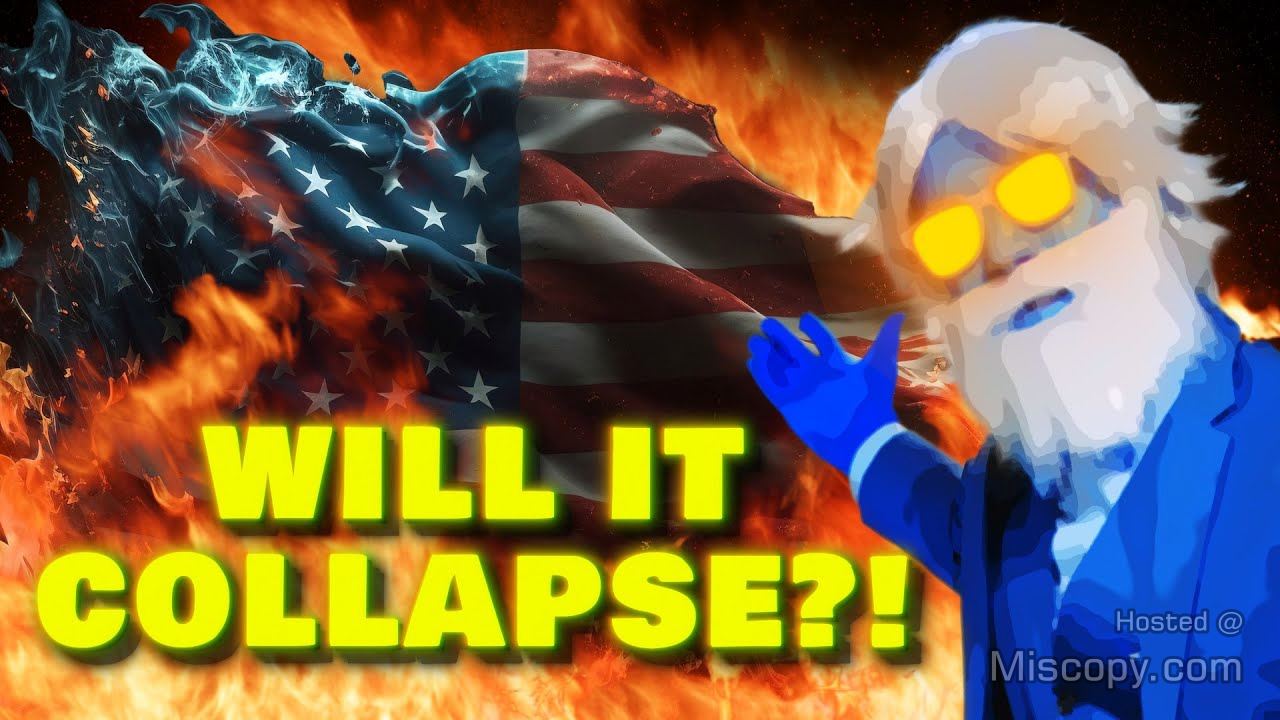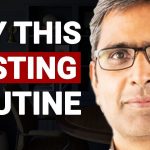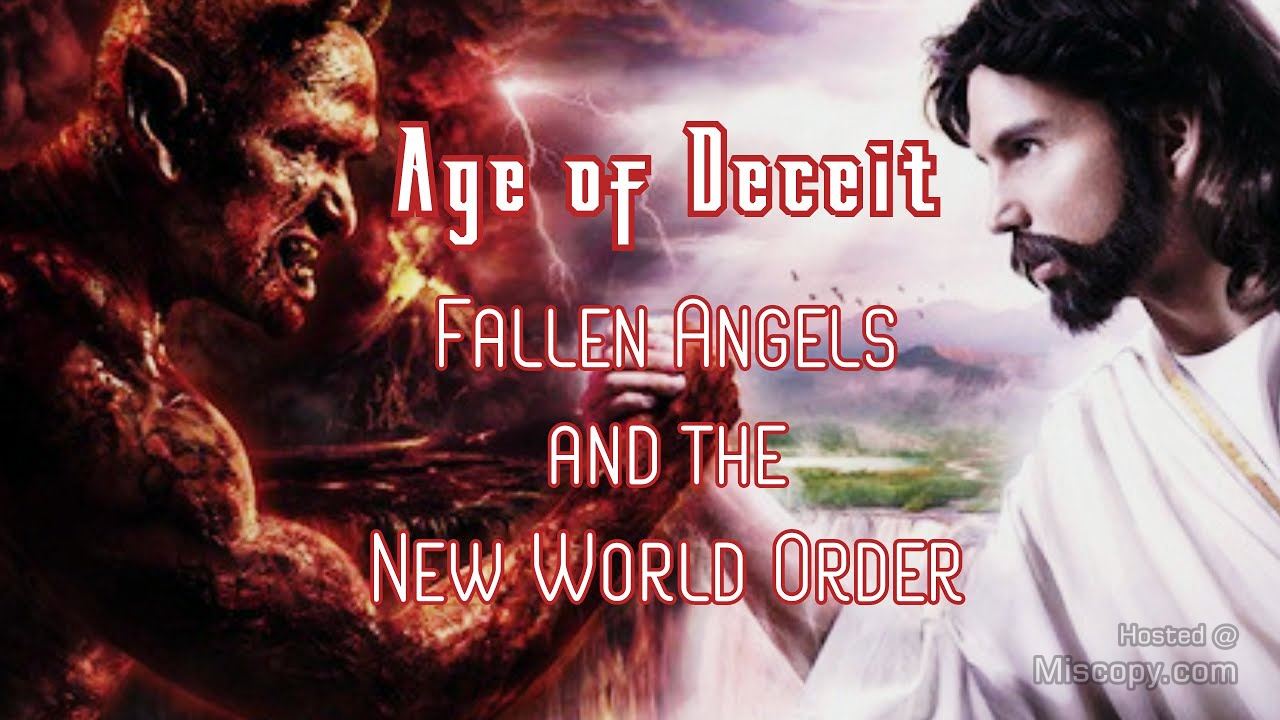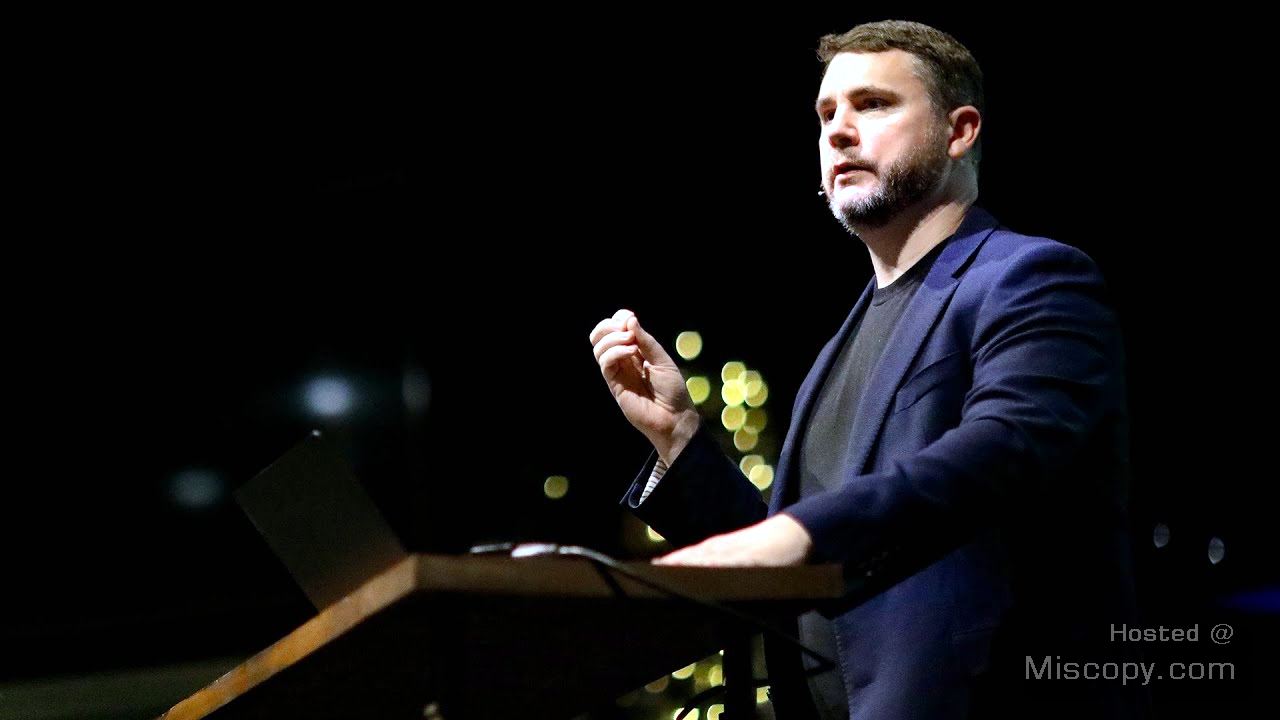The video explores the possibility of a collapse of the United States, citing concerns over lack of trust in government, partisan gridlock, and the perception of widespread corruption.
The author discusses the weaknesses in the American system of representative government, including challenges in finding and verifying quality information, political schemas becoming entangled with self-identity, and a polarized population susceptible to propaganda.
The role of media, public relations, and propaganda in shaping American perspectives is also examined, and a proposed solution by Walter Lippmann to form a tax-funded intelligence bureau is discussed.
Ultimately, the video emphasizes the need for a “crucial core” in self-government to prevent the collapse of the United States and invites viewers to contemplate a post-collapse world if nothing changes.
00:00:00
In this section, the host poses the question of whether the United States will collapse, citing concerns over lack of trust in government, partisan gridlock, and the perception of widespread corruption.
He goes on to discuss how disillusionment and polarization have become the best predictors for authoritarian takeover, and how this could lead to anarchy or tyranny in the most armed nation on earth, potentially impacting the entire world.
The host then introduces his special guest, Walter Lippmann, a 20th-century journalist and propagandist, who wrote a book called Public Opinion, which highlighted a deeper problem with the American system of representative government.
Lippmann argued that there was a weakness in how power and information flowed through the system, with sovereignty resting in the hands of individual citizens who delegate that power through elections and public opinion. The core idea behind this system was considered radical and experimental at the time of the nation’s founding, and has been subject to challenges and concerns over the years.
00:05:00
In this section, the author discusses how the initial design of the United States relied on individual self-interest being directed towards the public good. However, this design assumed that citizens would only elevate the most competent amongst them and that politicians would heed public opinion.
These assumptions have become vulnerable points of weakness as the nation has grown in size and complexity. Furthermore, the author illustrates how complicated it is for an individual to become fully informed on every issue of the day, using the example of a major tech company’s announcement of creating the world’s first general artificial intelligence.
The video states that modern-day forces, such as destructive propaganda, incoherent policy making and an overreliance on the manufacturing of consent and distractions, are inflaming these weaknesses, making the entire nation susceptible to crisis.
00:10:00
In this section, the challenges of finding and verifying quality information are discussed. The example of Clyde, who has limited resources and time for research is given, which highlights the issue of information overload and distractions that hinder thorough research.
The general population’s ignorance about political issues, and their own ignorance, are pointed out, and Lippmann’s concept of the “stereotype” is introduced as being at the core of political beliefs.
Lippmann believed that people were not discussing political differences rationally, creating a dangerous vulnerability. The importance of intellectual humility, the vast scale of topics, and the need for a variety of quality sources in research are emphasized.
00:15:00
In this section, the video explains the concept of schemas and how they play a role in shaping beliefs and behavior. Schemas are mental frameworks that humans develop to organize and navigate the vast amount of information and memories they encounter throughout their lives.
These schemas can be influenced by past experiences, media, and other factors, and can lead to oversimplifications or inaccurate beliefs about the world. While schemas can be useful in making quick decisions, they can also lead to a confirmation bias where individuals only notice things that reinforce their existing beliefs and ignore contradictory evidence.
Schemas can change over time, but this process can be slow and difficult, especially for complex and abstract beliefs like political opinions.
00:20:00
In this section, the author explains how political schemas often become entangled with one’s self-identity, giving the impression that they are the kind of person who believes certain things and not others.
This self-reinforcing web of belief makes it difficult to engage with evidence or ideas that conflict with one’s beliefs. Political partisans are more likely to make logical mistakes, jump to conclusions, and bend evidence to fit their worldview.
To reduce the detrimental impact of ideological bias, individuals ought to be self-aware and humble enough to know that their thinking is always at risk of these distortions and form a new super schema that connects their identity to this awareness.
The author notes, however, that fostering a political culture that values intellectual humility is unlikely in the United States due to the cultural dogma of the innately rational citizenry combined with the intellectual arrogance and fanatical certainty of political partisans.
00:25:00
In this section, the video explores how a polarized population with unchanging beliefs and rooted in tribalism is susceptible to propaganda. A few tools for self-government to navigate disagreement include persuasion, compromise or bargain, ignoring, or forming a consensus.
If you believe the opposition is insane or evil, then these tools are off the table. The news media is another major player, which often fails in its responsibilities due to its fragmented and sensationalized business model.
True investigative journalism requires a huge investment, but most Americans expect news for free which, in turn, leads to an over-reliance on advertising, sensational content, and click-bait titles that may not always align with the reality of the situation.
00:30:00
In this section, the video focuses on the role of media, public relations, and propaganda in shaping the American perspective. The media landscape is highly polarized and it’s nearly impossible for citizens to have a comprehensive and unbiased view of any issue.
Rather than focusing on accuracy, news media companies prioritize fulfilling their audience’s demand for preconceived ideas to maintain their business models. This gives an opportunity for anyone with enough resources to exploit this weakness towards external and internal threats. The video also details how the emergence of public relations added a new player in the information ecosystem of a democracy, which reshaped public opinion by planting stories, creating artificial events, or even paying people to promote products or ideas.
The combination of radio, film, and PR created a powerful force, but the Internet has become an influencing machine of unmatched power in history, making PR’s presence in American life so common that it is rarely reported or thought about.
00:35:00
In this section, the author highlights the power of public relations and PR agents in shaping information, both online and in political discourse. With the decline of traditional news sources, journalists have become more reliant on PR agents for news, and with the rise of social media, it is easier than ever to sway public opinion on a large scale.
Meanwhile, an idealistic politician faces two scenarios: ignoring public opinion and following their own agenda, potentially leading to manipulation and propaganda, or following public opinion that is influenced by PR agents and their clients, resulting in a lack of coherent policies. Ultimately, the increasing complexity of modern problems and the struggle to solve them can lead to a sense of helplessness among citizens, allowing undemocratic influence to flourish.
00:40:00
In this section, the focus is on the proposed solution by Walter Lippmann, who suggested forming a tax-funded intelligence bureau to assemble experts on national issues to provide an analysis of problems and potential solutions in a digestible report to the public.
However, the solution is now deemed too naive, considering the possibility that the institution may become corrupt over time. While there are institutions in the US that aim to provide knowledge to the people, these have been criticized due to their failures and deceptions, with the entire collection often labeled as “the Deep State.”
To address this, the essential core needs to be developed in the public, which includes the mental tools to audit their own beliefs and schemas, the ability to debate ideas with others, demand accuracy in information sources, and track policy issues over time without falling victim to counter-messaging. While not all people have these ideals, the development of the essential core is crucial to overcome America’s core vulnerability.
00:45:00
In this section, the speaker emphasizes the need for a crucial core in self-government to prevent the collapse of the United States. He acknowledges that the current situation is an active experiment in real-time, but believes that exploring steps towards strengthening this core may prevent decline and destruction.
The speaker concludes by saying that if nothing changes, he fears the collapse of the United States and invites the viewer to join him in contemplating a post-collapse world.






